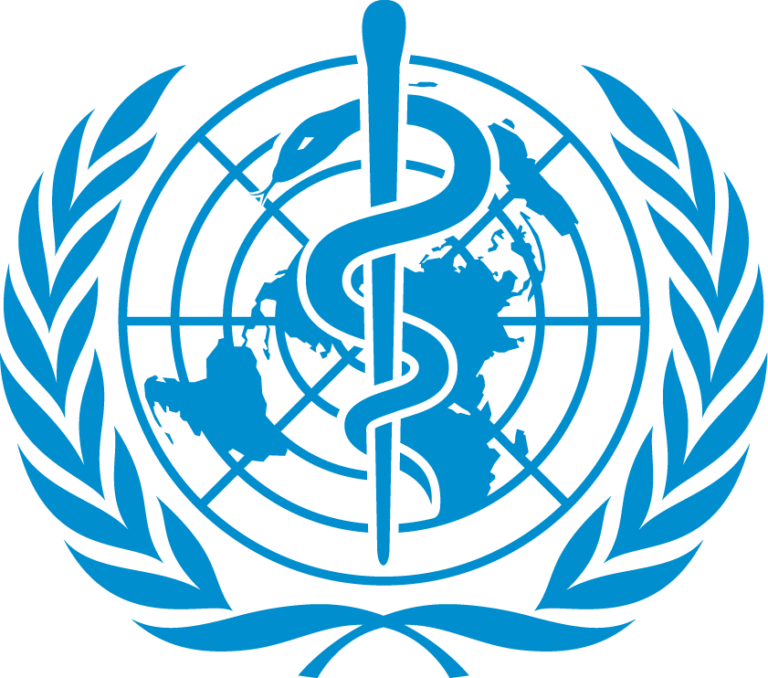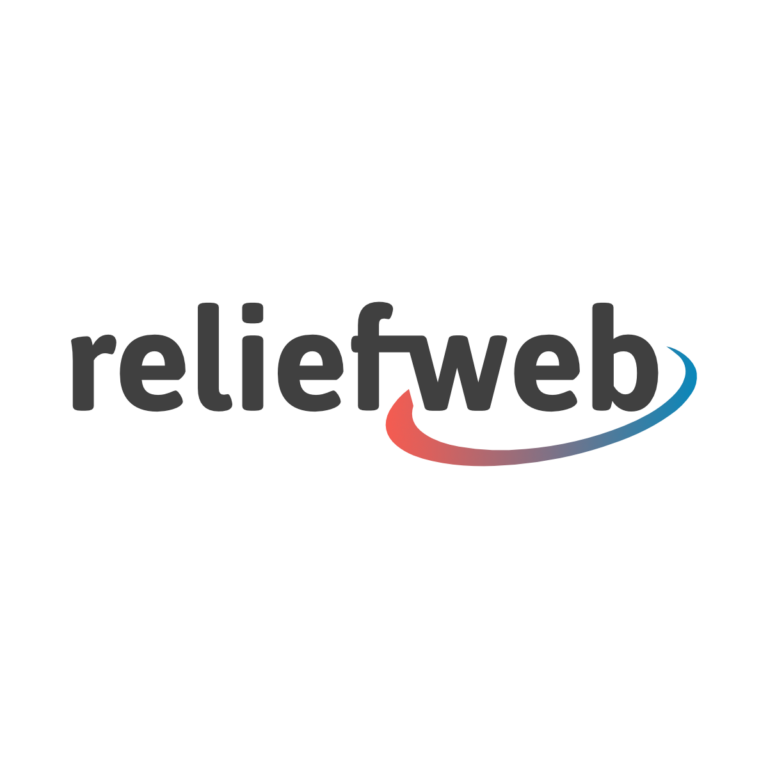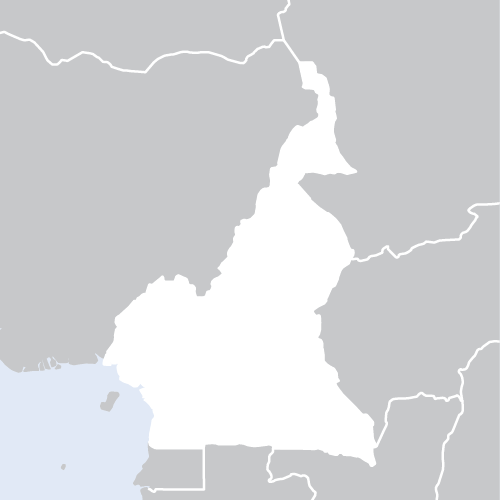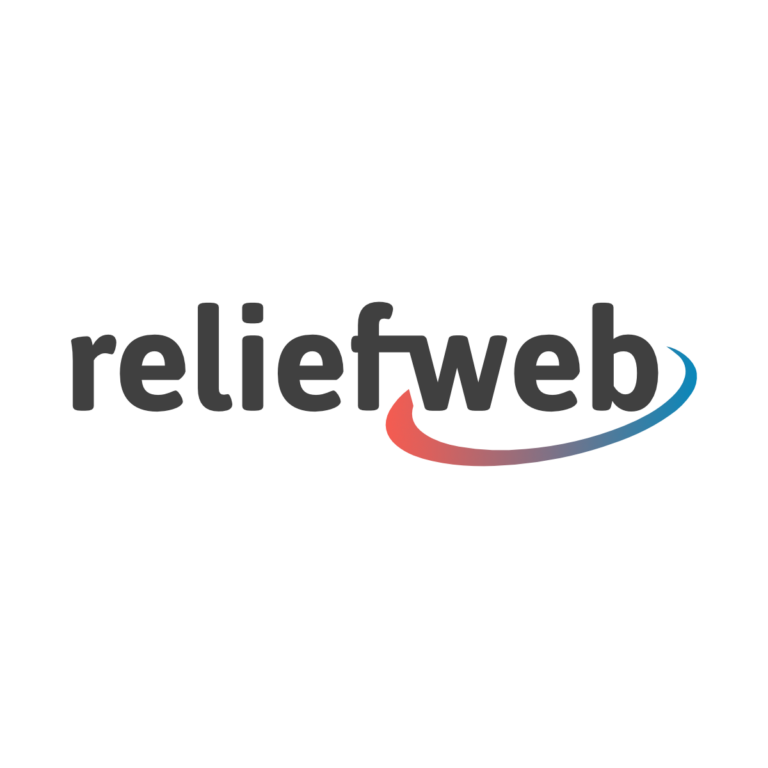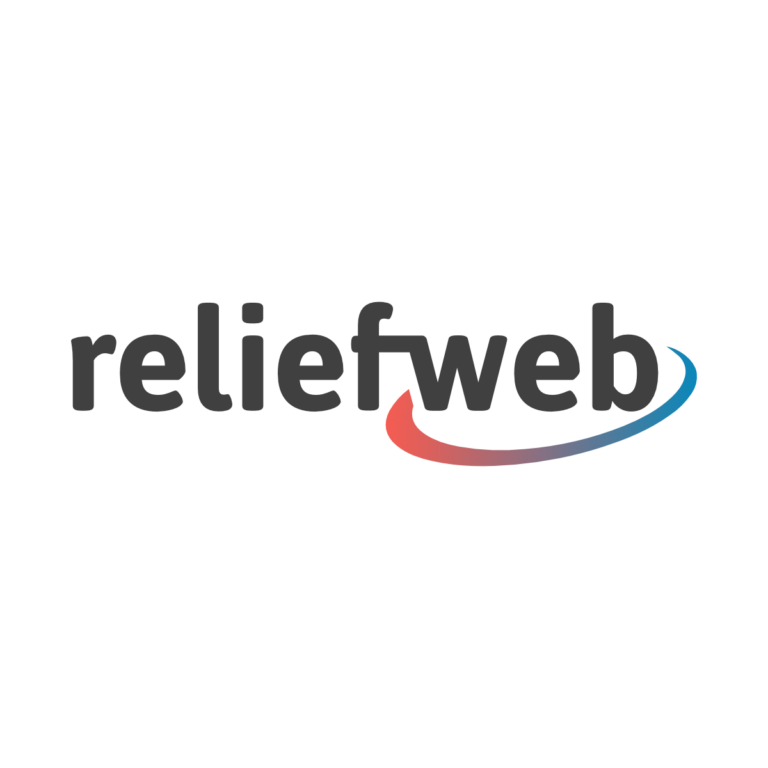ICVA is looking for a national organization to take charge of the specific activities of the Aid Localization Barometer project in the implementing country. Access the Call for Tenders in French.
About ICVA:
Founded in 1962, ICVA (International Council of Voluntary Agencies) is a global network of more than 160 non-governmental organizations (NGOs) active in 160 countries, operating at global, regional, national and local levels, whose mission is to make humanitarian action more principled and effective by working collectively and independently to influence policy and practice. ICVA promotes and facilitates the effective engagement of NGOs in the humanitarian sector, with a focus on forced migration, humanitarian coordination, humanitarian financing and cross-cutting system strengthening issues.
About the Localization Barometer Project:
Localization has become an unavoidable theme in humanitarian aid in recent years. Since the Grand Bargain commitments and specifically in the last 2 years in West and Central Africa, several initiatives have been undertaken to improve and accelerate the place and role of national actors in humanitarian responses: permanent headquarters at the HCT and in the main coordination forums, partnerships and capacity building initiatives, improvement of direct access to funds, forum/working groups location, etc.
However, to date, in the absence of clearly established targets and clear measurement criteria, it is difficult to estimate the progress in localization and the steps that still need to be taken. Based on co-funding from BHA and NORCAP, ICVA proposed the development of a regional and country methodology that will make it possible to quantitatively and qualitatively assess the degree of localization of the humanitarian responses, to monitor their evolution over time and to identify successes and challenges in each of the West and Central African countries to:
(i) Ensure a system for the exchange of good practices and lessons learnt;
(ii) Conduct evidence-based advocacy;
(iii) Improve the localization agenda in-countries with concrete proposals.
The project is intended to be regional to ensure harmonization, comparative analysis and constructive exchange of good practices and lessons learnt between countries, but above all it is based on national ownership, leadership and monitoring to ensure that it meets the needs and expectations of national actors, that it is fully owned by them and therefore more sustainable.
The objective of this call is to identify a contractor to implement the project activities at the country level.
1. Expected services and deliverables
A. Project planning and monitoring
The contractor will be responsible for the overall management and coordination of the Humanitarian Localization Barometer project at the national level. He will have to ensure the rigorous planning, execution and monitoring of the activities of the Localization Barometer project within the indicated deadlines, namely from September till December 2024. He will ensure the budgetary monitoring of the project activities as well as the reporting to ICVA.
Deliverables
- A detailed work plan including deadlines and responsible persons for each step.
- A detailed budget with the associated accounting documents.
B. Key Contacts
The contractor will be responsible for identifying the relevant participants in an inclusive way and for mobilizing them to ensure their participation and buy-in to the project. The contractor will develop a comprehensive contact list of all persons involved in the project, including full and up-to-date contacts of all relevant actors (name, organization, position, email, etc.): INGOs, NGOs, local and/or civil society associations, donors, UN agencies, coordinating structures/bodies, Government, etc.
Deliverables
- A complete and up-to-date contact list.
C. Presentation and discussion meetings on the project
A series of meetings will be organized by the contractor, with the relevant stakeholders of the project (INGOs, OCHA, national stakeholders, donors, etc.) and with the participation of ICVA and NORCAP, before the launch of the project to present it, then during the project for a specific follow-up, according to requests and needs. The contractor will be responsible for preparing the meetings (agenda, list of participants), sending invitations, writing and sharing the minutes as well as following up with the relevant people or organization if necessary, according to the discussions/decisions.
Deliverables
- Invitations in Outlook calendars and by email, with agenda attached;
- Minutes of meetings;
- Attendance lists for meetings.
D. Management of the national steering committee of the project
At the beginning of the project, the contractor will set up a national steering committee which will consist of representatives of the main project stakeholders (composition to be discussed with ICVA) which will provide advice and strategic support throughout the implementation of the project. It will organize (invitations, agendas, participants, minutes, attendance lists) regular committee meetings to monitor the progress of the project, identify potential challenges, make recommendations and provide support to the technical implementation team at national level.
Deliverables
- ToR of the National Steering Committee;
- Invitations in Outlook calendars and by email, with agenda attached;
- Minutes of meetings and action plan if relevant;
- Attendance lists for meetings;
- Follow-up document on recommendations.
E. Management of a national consultant or a team of national consultants
The contractor will recruit and manage a national consultant or a team of national consultants (depending on the needs and capacities of the contractor). It will be a question of carrying out the recruitment process with the participation of ICVA, supporting the consultant(s) in the handling and understanding of the project, in the monitoring of the activities as well as in monitoring the days worked and the expected deliverables. The national consultant(s) will receive technical support from ICVA throughout the duration of the project.
Deliverables
- Documents of the recruitment process (ToR of the consultancy(s), shortlist, interview sheets, contract(s)).
- Follow-up document of the consultant(s): work plan, days worked, deliverables.
F. Review and finalization of project documentation and tools
The Contractor will be responsible for providing detailed and agreed feedback (if necessary) on the project documents and tools produced by ICVA and/or the Consultant(s) and will be responsible for finalizing the necessary documentation prior to sending, disseminating and/or using. This will ensure quality and consistency of documents and tools according to the expectations and needs of participants and/or stakeholders and/or ICVA.
Deliverables
- Matrix of indicators, key questions, collection methods and weighting;
- Surveys;
- Interview sheets;
- Databases.
G. Productions
The contractor is responsible for the overall process and the resulting report. The consultant(s) will be able to carry out the analysis work and the first draft of the report, but the contractor will have to contribute to it and ensure that the expected final report contains an in-depth analysis of the situation of the localization agenda in the country, based on the definition that will be made during the introductory workshop as well as on the data that will be collected on the same basis. This report must respect the framework provided by ICVA.
Deliverables
- Final report of the project;
- Annexes.
H. List of key documents and contacts for data collection
The contractor will compile a list of key documents adapted to the context as well as a contact list of the people to approach for interviews and/or focus groups to support the consultant’s work in his collection of secondary and qualitative data.
Deliverables
- Complete and up-to-date list of key documents;
- Complete and up-to-date list of contacts of people to approach for interviews/focus groups.
I. Internal and external invitations and reminders
The contractor will support the consultant(s) in the collection of primary, secondary and qualitative data. He will send specific requests to the targeted people (search for documentation, surveys, interviews/focus groups), monitor the response rates received and make regular reminders by email and phone if necessary.
Deliverables
- Emails of requests and reminders;
- Sending/response tracking table.
J. Organization of workshops related to the project
The contractor will organize, with the support of the consultant(s) and ICVA, a minimum of 2 workshops during the duration of the project.
The first at the beginning of the project will be a 2-day workshop based on the previously developed library of indicators whose objective will be to:
- Determine the components to be evaluated and the ambitions;
- Select and contextualize the most relevant indicators;
- Define, for each indicator, the target audience and the evaluation measure.
The second, at the end of the project, will be a one-day workshop which will aim to present the results of the study but also to start the discussion on its follow-up/use.
For each workshop, the contractor will have to ensure an inclusive and balanced representation of the different actors (NGO, INGO, UN, donors, Government) according to the relevance, context and expectations. He will ensure the logistics of the workshop, communication (invitations, room reservations, meals, supports, press, equipment, etc.), restitution and follow-up if necessary (depending on decisions/discussions).
Deliverables
- Concept note of the workshops;
- List of participants;
- Agenda, detailed schedule and distribution of roles (facilitation, note-taking, etc.);
- Detailed budget of the workshop;
- Presentations (PPT, etc.);
- List of necessary materials (banners, prints, stationery, etc.);
- Press/Media Contract;
- Per Diems and logistical organization for participants from the regions (transport, etc.) and the capital;
- Contract for the rooms’ rental, catering and accommodation if necessary;
- Invitations in Outlook calendars and by email, with calendar attached;
- Workshop attendance lists;
- Report of the introductory workshop with the finalized list of indicators;
- Minutes of the conclusion workshop with action plan.
2. Mandatory conditions
A. Communication
The Contractor shall include ICVA in all internal or external communications related to the project. ICVA will provide the contact list for this at the beginning of the contract.
In addition, the contractor will undertake to facilitate fluid, responsive and respectful communication between all project stakeholders, at the national level as well as with the regional level.
B. Inclusivity
The contractor is committed to an inclusive approach, building diverse and respectful partnerships. As a national organization, it will have to ensure that other national organization are also stakeholders in the project.
C. Coherence
The contractor shall ensure that the project contributes positively and shall ensure the alignment of the project with the country-level priorities around localization and/or humanitarian response plan, or any other national initiative/approach/guidance related to localization.
D. Relations with ICVA
ICVA will provide support throughout the duration of the contract.
The Contractor will undertake to use the formats of the documents and tools that will be provided by ICVA for all the documents and tools necessary for the conduct and management of the project.
The contractor will undertake to document the online space that will be made available to him with all the project management and monitoring documentation as well as all the deliverables.
ICVA, as a client, will validate all the deliverables sent to it. It is expected that the contractor will take into consideration the feedback that will be made to meet the expectations that will be specified.
ICVA, as a client, remains the owner of the project data and deliverables. The sharing and external use of documents, tools, data and deliverables will only be done with the prior agreement of ICVA. The Contractor will agree to respect a confidentiality clause on the documents, tools, data and deliverables related to this project.
Interested contractors must demonstrate their ability to achieve these objectives and deliver the expected results within the implementation of the Location Barometer and within the set deadlines.
3. Eligibility Criteria: Interested organizations must meet the following criteria:
- Be a forum/network/group/umbrella organization of local/national organizations;
- To be an active and recognized forum in the humanitarian sector;
- Be legally registered as an entity in the country;
- Have a specific bank account in the country;
- Have financial management skills within the organization: Presence of a treasurer, accountant or a person responsible for monitoring and supervising budgets;
- Demonstrate the ability to implement projects at the national level, coordinating effectively with various actors and ensuring rigorous execution of planned activities;
- Have the necessary human resources, dedicated or voluntary, to monitor and carry out the project within the set deadlines;
- Be committed to the localization of humanitarian aid, whether at the national or international level, through relevant previous experiences.
How to apply
Submission of applications:
Interested organizations are invited to submit their applications, including:
A technical proposal composed of:
A letter of interest specifying (annexes accepted):
- Commitment, experiences and/or products (advocacy, documents, etc.) on the theme of localization of humanitarian aid;
- The involvement and recognition of the forum within the humanitarian coordination architecture;
- The latest projects/initiatives carried out at the national level by the organization, specifying the financial support received (amount and source) and specifying the interactions with various stakeholders within the country.
The organization’s framework documents:
- The receipt of registration of the organization in the country;
- The statutes and/or the rules of procedure and/or the ToR;
- The Bank Identity Statement proving the existence of a bank account in the name of the organization.
A detailed implementation planning.
A financial proposal composed of:
- A detailed budget to complete the project;
- An organizational chart or document specifying who will be the focal point of the project and who will be the people (dedicated, volunteers, and/or consultants) involved in the management of the project;
- A document specifying the internal financial management mechanism and resources.
Submission deadline: Please submit your applications by midnight UTC+1 on Tuesday, 17 September 2024.
Applications and any questions can be sent to Recruitment_1@icvanetwork.org
